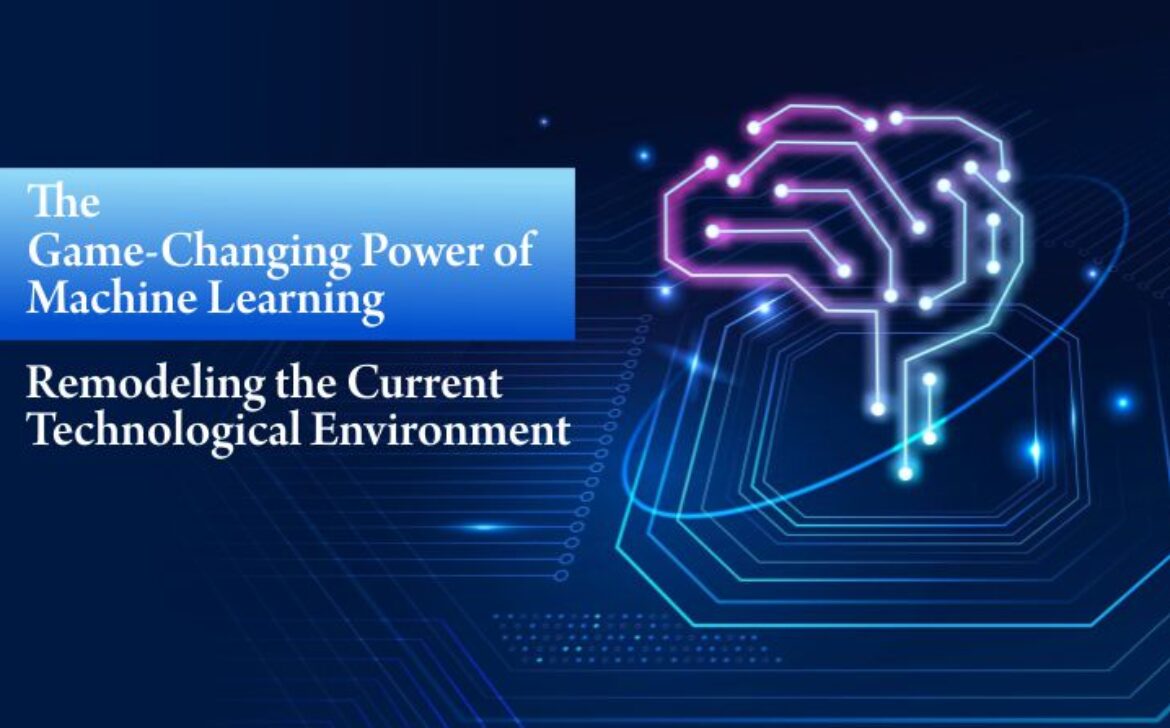Cyber Professional’s Incubation Center- 100% Internship Program
Cyber Professional’s Incubation Center
Job Oriented Courses with 100% Internship with Stipend
Cyber Professional’s Incubation Center- 100% Internship Program with Stipend
Cyber Professional’s Incubation Center
100% Real Experience Internship with Stipend
There will be 3.5 million unfilled cyber security jobs globally until last year.
– Cybersecurity Ventures
India alone is expected to have more than 1.5 million job vacancies in cyber security by 2025
– The Hindu Business Line
100% Internship with Stipend
Student will get real experience of cyber security internship with stipend for 3 months. as well as they get experience certificate.
Key Features
- Job competency based assessment
- Personalized study plan
- Grooming boot camps for companies
- Advanced Technology Sessions
- Practical scenario based learning
- Interview preparation Sessions
- Personal Coaching & Mentoring by Industry Expert
- Technical Project practice implementation
- Internship Experience Letter
- Cyber Professional’s Incubation Center
- More than 600 Hrs. of intensive training
- Mock interview practice
Curriculum
Module 1: Networking
- Introduction to Networking & Types, Networking Topology
- OSI and TCP/IP layer
- Internet Protocol & Addressing, Describe Classless IP Addresses, ,Public & Private IP, Reserved IP Addresses
- Concept of Subnet mask, Subnetting of Class
- Introduction to LAN & WAN and Demonstrate Diagram covering LAN & Wan Topology
- Network Devices
- Different Types of Network Ethernet Switches for Small or Large Networks
- Securing Network Devices, Switches and Router
- Protocol Understanding
- Basic Access Control List, Advanced Access Control list
- NAT & NAT TYPES, Static NAT ,Dynamic NAT & PAT
- LAB-Configuring VLAN, VLAN Access & Trunk Port
- Router Configuration and routing protocol
- Module 2: Windows
Fundamental of Operating systems
Introduction and Deploying Windows Server 2019
Difference between Client and Domain
Overview of AD DS, Installing a Domain Controller
Managing ADDS Object
Configuring DNS zones AD integrated, Std Primary, Additional ADDS
DNS resource record types NS,SOA,A,AAAA,PTR and CNAME
ADDS object administration using Command line and Power Shell
Overview of VT Technology, installing Hyper-V role and configuring Virtual machines - Hyper-V Network configuration, storage configuration,check-points,passthrough disk, memory management
Introduction to group policy architecture, local policy vs domain policy,goup policy processing order LSDOU concept
Overview of DHCP,DORA process and configuring DHCP scope and reservation
Introduction to Fileserver and configuring DFS name space and DFS replication Share and NTFS permissions
Introduction to VPN server and Lab VPN configuration
- Introduction To Linux
Accessing the command line
Manage Files from command line
Creating ,Viewing and editing the text files.
Administer Users and Groups
Controlling Access files with Linux file system permissions
Monitoring & managing Linux processes
Configuring and securing OpenSSH service
Analyzing and storing logs
Managing Linux Networking
Installing and upgrading software Packages
Network Port Security
Cybersecurity Fundamentals
Cybersecurity Terminology
Importance of Cybersecurity
Case studies of real world cyber attacks
Cybersecurity Threats and Attack
Fundamentals of Application Security
Basics of Network Security
Understanding of Firewall. Web Application Firewall (WAF) Proxy
Basics of Endpoint Security
Threat Intelligence
Phishing email & their analysis
WireShark
Introduction to Ethical Hacking
Footpronting & Reconnaissance
Scanning Network
Enumeration
System Hacking
Malware threats
Sniffining
Social Engineering
Denial of service
Session Hijacking
Evading IDS, Firewall & Honey Pots
Owaps TOP 10
Hacking Web server
Hacking Web Application
SQL Injection
Cryptography
Vulnerability Assessment and Management (Nessus)
Understand Cloud Concepts
Understand Core Azure/AWS Services
Manage Identities and Governance
Implementing & Managing Storage
Deploy and Manage Azure/AWS Compute Resources
Configure & Manage Virtual Networking
Monitor and Backup Azure/AWS Resources
Monitoring of Logs
Understand Security, Privacy, Compliance and Trust
TRACK 1 : SOC (Security Operation Center) Analyst
Security Operations Center (SOC) Operations Overview
SIEM Tool Architecture and Installation
Logs, Events, Parsing and Normalization
Onboarding multiple log sources to SIEM tool (Wazuh or Qradar or Splunk or RSA Netwitness)
Raw Log Analysis
What is SIEM Use Cases and map to top 20 use cases
Ticketing tool understanding
SOC Incident Detection and Response
Alert Analysis and investigating on the Real-time Incidents for True Positive or False Positive
Best Practices and Advanced Techniques
Understanding of Mitre attack frame work
Firewall, Web Application Firewall (WAF) Proxy
Email Gateway (Email Security) O365 Security/Gsuite Security
IPS/IDS: Intrusion Prevention System/Intrusion Prevention System
DLP (Data Loss Prevention)
Antivirus Management
EDR (Endpoint Detection & Response) , XDR (Extended detection & response)
Vulnerability Management
IAM (Identity & Access Management)
MFA (Multiple Factor Authentication)
SSO (Single Sign On)
Hardening of Application, System & Network
CSPM (Cloud Security Posture management)
High Demand Skills
Approved and endorsed by NSDC
Real Experience
100% Internship Program with Stipend



